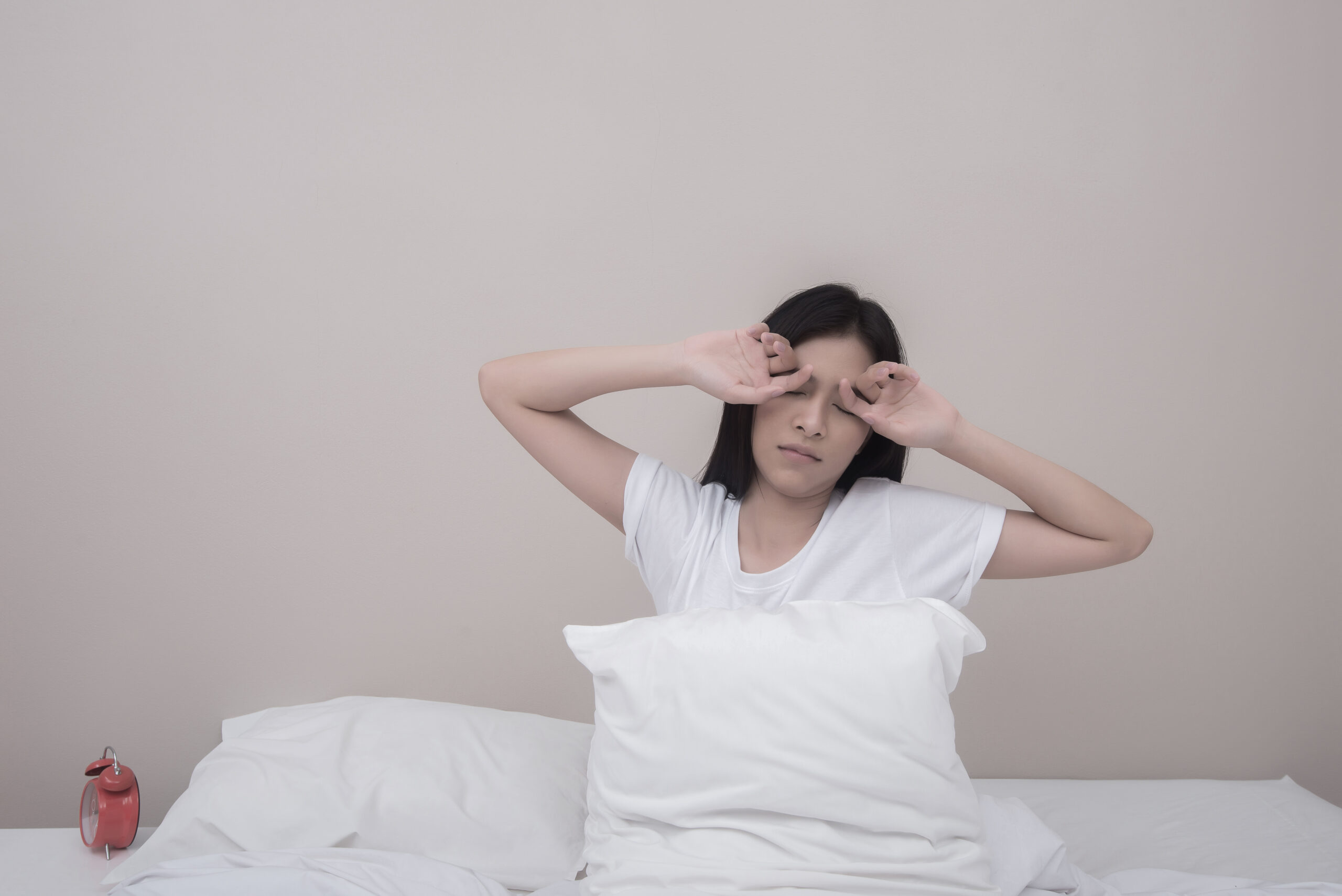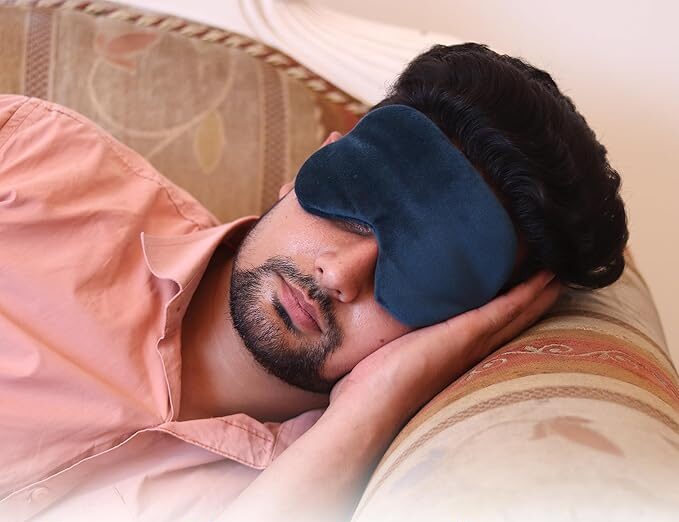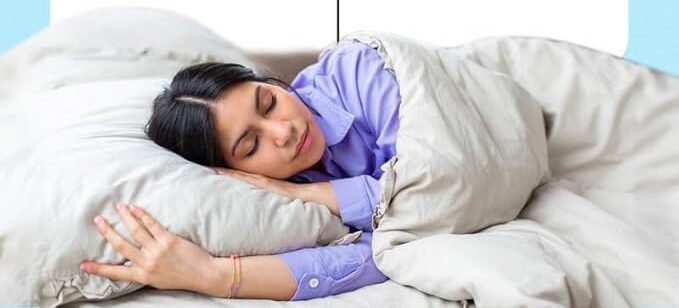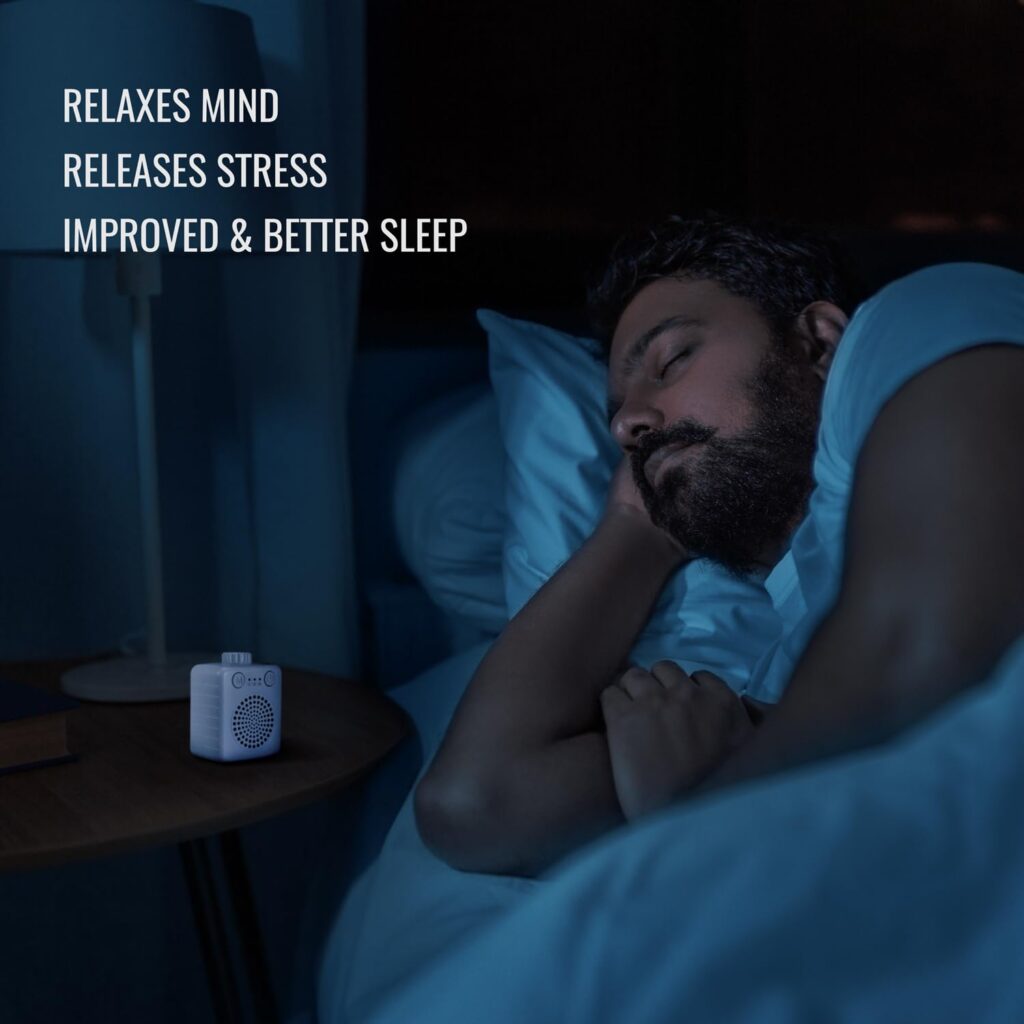Sleep is essential for the human body to function at its best. Without enough sleep, your health, mood, and energy levels drop quickly. It acts like a reset button, restoring your mind and body after a long day. Modern lifestyles often disrupt the body’s natural sleep rhythms.
In this detailed article, we will explore how sleep deprivation affects your brain, body, and emotions. We will also uncover shocking truths you probably never realized. Stay tuned!
Table of Contents
What Is Sleep?
It is a natural, necessary state where your body and mind relax deeply. During it, your brain consolidates memories, repairs tissues, and regulates vital functions. Though it seems like you are doing nothing, your body works hard to maintain balance.
It includes different stages: light nap, deep slumber, and REM (rapid eye movement) doze. Each stage supports your health in specific ways.
Without proper sleep, these critical processes cannot occur efficiently. As a result, your body begins to suffer in many unexpected ways. Thus, learning about sleep is essential for maintaining good health.
Also Read : Sleep Unbelievably Well
The Importance of Sleep for Health
Good slumber does more than just keep you energized. It boosts your immune system, improves memory, and balances your emotions. Furthermore, it directly impacts weight, mental health, and even skin health.
Studies reveal that adults need about 7 to 9 hours of doze each night. Although requirements vary slightly, most people fall within this range. Skipping it even for one night can disturb your hormone levels and decision-making skills.
In short, good doze improves every aspect of your well-being. On the other hand, lack of slumber negatively affects it more quickly than expected.
What Happens During Sleep?
During it, your brain cycles through several phases. The cycle progresses through Non-REM stages 1, 2, and 3, followed by REM sleep.
1: A light sleep phase where you can wake up easily.
2: Your heart rate slows, and your body temperature drops as you enter deeper sleep.
3: Deep sleep, crucial for physical recovery and immune strengthening.
REM Sleep: Brain activity spikes, and dreams often occur. It is vital for emotional regulation.
Every night, you go through several cycles lasting about 90 minutes each. Missing just one full cycle can cause noticeable impairments the next day. Therefore, protecting your doze routine is essential.
Also Read : The Mirror
Signs of Deprivation
Sleep deprivation often sneaks up on you. However, your body gives warning signs that should not be ignored.
Some common symptoms include:
Constant yawning
Difficulty concentrating
Irritability and mood swings
Forgetfulness
Weakened immune system
Ignoring these signals can lead to chronic health issues. Surprisingly, some people are unaware they are doze-deprived. They might adapt to tiredness without realizing how much better they could feel.
Hence, noticing early signs can prevent long-term damage.
Effects of Missing Sleep in the Short Term
Even losing a single night of slumber can cause significant impacts. Immediately, you will feel groggy, unfocused, and irritable.
It delays your response time, increasing the risk of accidents. Students, employees, and drivers especially suffer from short-term doze loss. Notably, even one Restless night affects your body’s ability to handle sugar, raising diabetes risk.
Therefore, it is critical to prioritize it even on the busiest days.
Also Read : Beautiful House Designs
Long-Term Consequences of Chronic Sleep Deprivation
If slumber loss continues over weeks or months, it causes serious health problems.
Some major long-term effects include:
Weakened immune defense
Weight gain and obesity
Heart disease and stroke
Depression and anxiety disorders
Cognitive decline and memory problems
Your body cannot fully heal and detoxify without consistent doze. Furthermore, studies link chronic slumber deprivation to a shortened lifespan.
Thus, never underestimate the power of regular, restorative nap.
How Sleep Affects Your Brain
It is crucial for brain function. Meanwhile, it helps your brain flush out harmful toxins that gather throughout the day.
Moreover, it strengthens memory by processing and storing information properly. Lack of nap disrupts these functions. This can lead to memory loss, confusion, and poor decision-making skills.
Interestingly, slumber deprivation can mimic symptoms of brain injuries. Therefore, protecting your doze is vital for staying sharp and mentally healthy.
Also Read : Terrace Garden
Emotional Impact of Sleep Loss
Slumber deprivation dramatically affects emotional balance. People who lack nap are more prone to anger, sadness, and frustration.
Furthermore, slumber-starved brains show increased activity in the amygdala, the emotional center of the brain. This means emotions run wild without the calming effects of proper rest.
Consequently, it is not just physical recovery; it is emotional therapy, too.
How Much Sleep Do You Really Need?
Its needs vary slightly by age and individual factors. However, here are general guidelines:
Newborns: 14–17 hours
Toddlers: 11–14 hours
Teenagers: 8–10 hours
Adults: 7–9 hours
Seniors: 7–8 hours
Nevertheless, quality matters as much as quantity. Deep, uninterrupted doze provides the most benefits. Light or broken nap leaves you feeling tired even after long hours.
Also Read : Kitchen Furniture
Ways to Improve Naturally
Fortunately, you can enhance your its quality by following simple strategies.
Stick to a regular slumber schedule.
Create a calm, dark, and cool dozing environment.
Avoid caffeine, nicotine, and heavy meals before bedtime.
Limit screen time at least one hour before it.
Practice relaxation techniques like meditation or deep breathing.
With these habits, your doze will improve significantly over time.
Dangerous Myths
Many people believe false myths about it that harm their health.
Some common myths include:
“I can catch up on nap later.”
“Five hours of doze is enough.”
“Snoring is harmless.”
“Older people need less slumber.”
These myths can cause serious damage if left unchallenged. Therefore, understanding the importance of it is vital for maintaining both your physical and mental health.
Also Read : Beautiful Drawing Rooms
Why Sleep Deprivation Feels Worse Over Time
Initially, missing one night of doze feels manageable. However, the effects compound over days and weeks.
When you don’t get enough rest, your body builds up a “doze debt” that needs to be addressed. If not, cognitive and physical decline intensifies. Additionally, chronic slumber loss weakens willpower, making healthy habits harder to maintain.
Thus, ongoing nap deprivation feels worse with time, not better.
Also Read : 9 Foods Better Than Milk
How Sleep Deprivation Affects Appearance
Lack of doze does not just harm your health internally; it also shows on your face.
Signs of insufficient nap include dark circles, swollen eyes, lackluster skin, and early signs of aging. Slumber deprivation also lowers collagen production, speeding up the aging process.
Therefore, “beauty sleep” is more than just a myth; it’s scientifically proven.
How to Recover From Sleep Deprivation
If you fall into doze debt, there is hope. While you can’t fully “catch up” on lost slumber, some recovery is possible.
Prioritize at least 7–9 hours nightly.
Take short naps of 20–30 minutes if necessary.
Focus on consistent bedtimes, even on weekends.
Avoid all-nighters at any cost.
Over time, consistent, quality doze will help your body and mind heal.
Also Read : 7 Sesame Ideas to Unlock a Fantastic Life
FAQs
What is sleep and why is it important?
It is a vital biological function. It restores energy, boosts immunity, and maintains emotional stability. Without it, your body quickly deteriorates.
How much sleep do adults really need?
Adults typically require 7 to 9 hours each night. Quality matters more than just duration.
Can you survive without sleep?
No, you cannot survive indefinitely without it. Extended deprivation can lead to hallucinations, organ failure, and even death.
How does sleep deprivation affect mental health?
Lack of it increases anxiety, depression, and emotional instability. It also worsens existing mental health conditions.
Does napping help recover from sleep loss?
Short naps can help temporarily. However, they cannot fully replace a full night’s slumber.
Final Thoughts
It serves as the foundation for a healthy, fulfilling life. Ignoring it needs leads to serious, lasting consequences. Luckily, you can reverse most damage by prioritizing rest starting today.
Therefore, take it seriously. You deserve the vibrant health and clear mind that only proper sleep can deliver!
Also Read : 10 Powerful Vitamin B12 Foods














